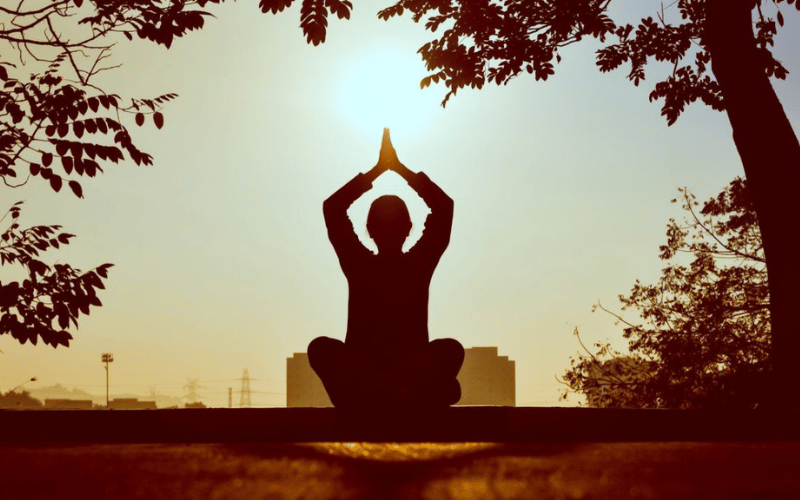One of the most disturbing things in my life right now is that I know several people who feel the need to drug themselves in order to go to work. In the morning, they drink, use prescription drugs, or even take painkillers or sedatives to make sure they stay composed, and keep themselves from having “emotional outbursts,” while in the office. Without a little something to take the edge off, they don’t feel like they could function.
These may sound like extreme examples, but in some way most of us are “taking the edge off” to deal with the stresses of working and other aspects of our lives. When we get home, for instance, most of us immediately turn on the computer, radio or TV, craving an escape from the anger, fear or despair we experience in our working lives. Like “hard drugs,” these activities temporarily distract us from, or numb us to, how we’re feeling. The fact that most of us do this in the evening to “wind down,” as opposed to doing it in the morning to “gear up,” doesn’t seem like a very meaningful distinction to me.



